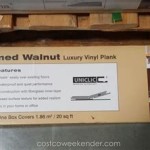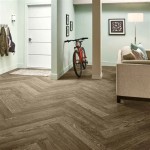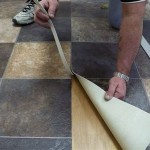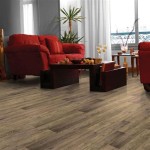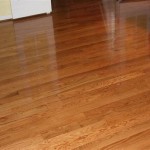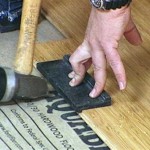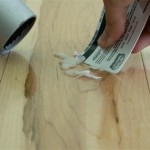Engineered Hardwood Flooring: Pros and Cons
Engineered hardwood flooring is a popular choice for homeowners looking for the beauty and durability of hardwood without the hefty price tag. It is made with a thin layer of real hardwood veneer that is bonded to a core of plywood or high-density fiberboard (HDF). This construction gives engineered hardwood flooring the strength and stability to withstand everyday wear and tear, making it an excellent option for high-traffic areas like kitchens and living rooms.
Pros of Engineered Hardwood Flooring:
- Durability: Engineered hardwood flooring is highly durable and can withstand heavy foot traffic, making it a great choice for busy families and homes with pets.
- Stability: The plywood or HDF core of engineered hardwood flooring makes it less susceptible to moisture and temperature changes, which can cause natural hardwood flooring to expand and contract.
- Easy to Install: Engineered hardwood flooring can be installed as a floating floor, which means it can be laid over an existing subfloor without the need for nails or glue.
- Cost-Effective: Compared to natural hardwood flooring, engineered hardwood flooring is more affordable, making it a great option for budget-conscious homeowners.
- Variety of Styles: Engineered hardwood flooring comes in a wide range of colors, finishes, and textures, allowing you to find the perfect match for your home's décor.
Cons of Engineered Hardwood Flooring:
- Cannot be Refinished as Many Times: Unlike natural hardwood flooring, engineered hardwood flooring can only be refinished a limited number of times due to the thin veneer layer.
- Potential for Moisture Damage: Although engineered hardwood flooring is more moisture-resistant than natural hardwood flooring, it can still be damaged by excessive moisture or flooding.
- May Not Increase Home Value: While engineered hardwood flooring can add value to your home, it may not increase its value as much as natural hardwood flooring.
- Potential for Allergies: Engineered hardwood flooring can contain adhesives that can release harmful fumes over time, which may cause allergies in some people.
- May Feel Less Natural: Engineered hardwood flooring does not have the same natural feel as natural hardwood flooring, which can be a consideration for some homeowners.
Overall, engineered hardwood flooring is a durable, cost-effective, and versatile flooring option that is well-suited for high-traffic areas. While it may not be as valuable or refinishable as natural hardwood flooring, it offers a number of advantages that make it a great choice for many homeowners.

Engineered Hardwood Vs Laminate

Engineered Hardwood Flooring Pros And Cons Floors Blvd

Engineered Wood Flooring Homeowner Pros Cons

Laminate Flooring Vs Engineered Hardwood Pros And Cons

Solid Vs Engineered Hardwood Which Is Better Flooring

Engineered Timber Flooring Pros And Cons Versace Timbers

Engineered Wood Flooring Pros And Cons Forbes Home

Pros Cons Of Engineered Hardwood Flooring Reno Super

Engineered Wood Flooring Reviews Pros And Cons Best Brands Cost 2024

Hardwood Vs Engineered Wood Flooring Which Is Best For You Forbes Home
Related Posts

